Buffalo herders in the Jabayish marshes of southern Iraq are facing a historic drought that has led to the death of many livestock and shrinking water areas, threatening their livelihoods and the region’s biodiversity. Watheq Abbas, a 27-year-old herder who has been raising buffalo for 15 years like his father before him, says the marshes have dried up and there has been no water for five years. The marshes, listed as a UNESCO World Heritage site, have shrunk from 5600 square kilometers to just 800, due to drought and dams built by Turkey and Iran on the Tigris and Euphrates rivers. This environmental degradation threatens local culture rooted in Sumerian, Aramaic, and Akkadian heritage, and affects species diversity including turtles, otters, and migratory birds. The United Nations Development Programme warned of the risk of extinction of the water buffalo if urgent conservation measures are not taken.
The drought has also reduced buffalo milk production, crucial for local cheese varieties. Local and international organizations are working to care for buffalo amid heatwaves, but the future remains uncertain as younger generations move away from traditional herding.








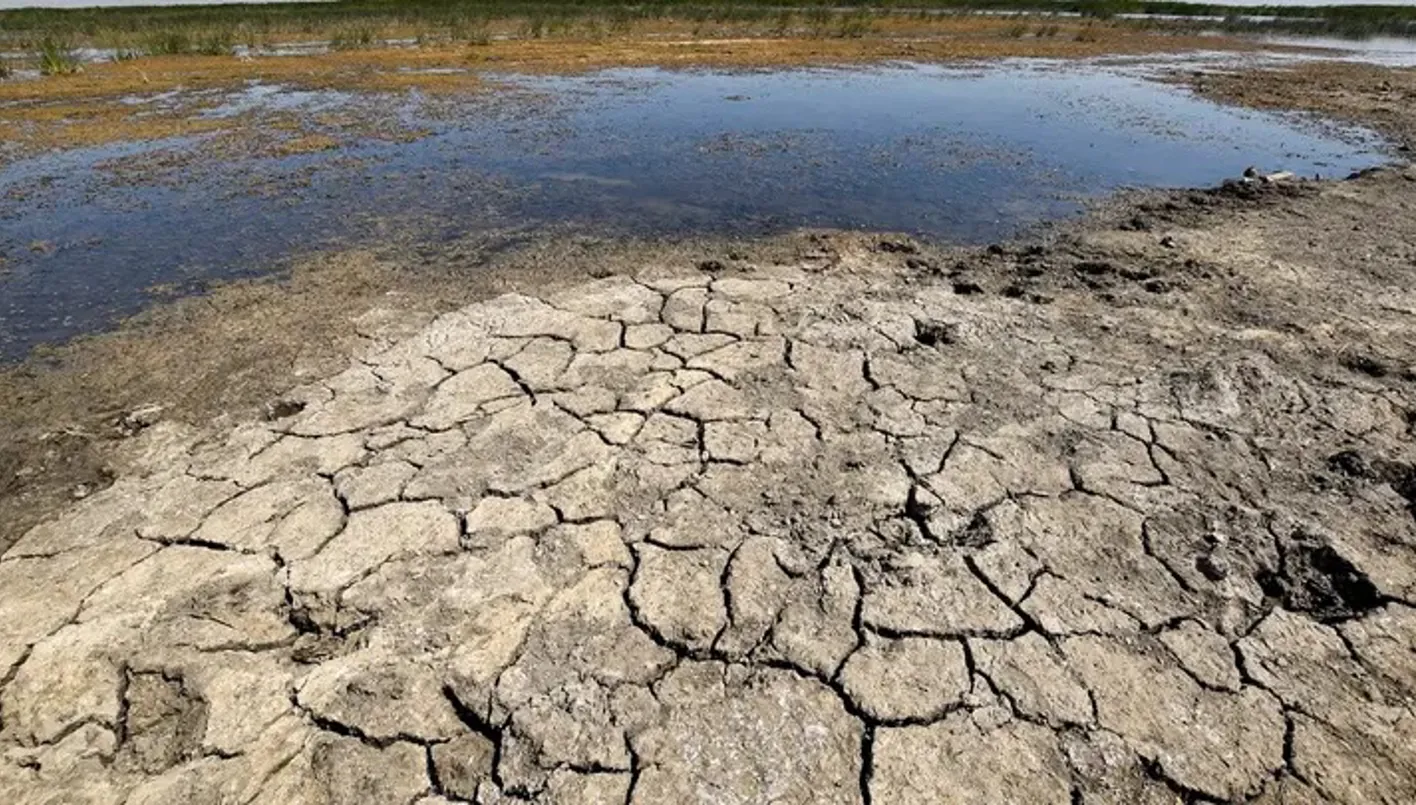
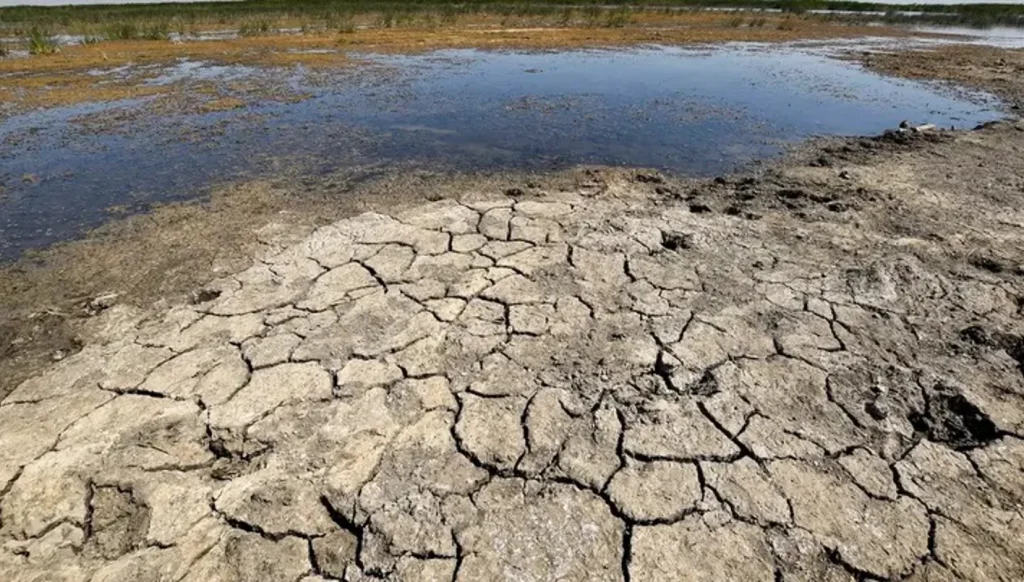

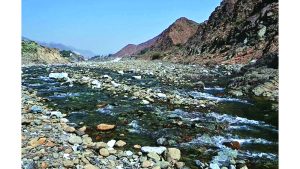
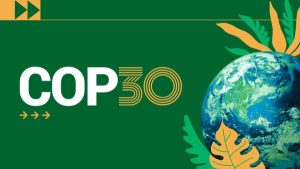
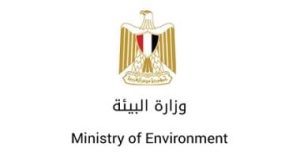
Recommended for you
Talib Al-Rifai Chronicles Kuwaiti Art Heritage in "Doukhi.. Tasaseem Al-Saba"
Exhibition City Completes About 80% of Preparations for the Damascus International Fair Launch
Unified Admission Applications Start Tuesday with 640 Students to be Accepted in Medicine
Egypt Post: We Have Over 10 Million Customers in Savings Accounts and Offer Daily, Monthly, and Annual Returns
His Highness Sheikh Isa bin Salman bin Hamad Al Khalifa Receives the United States Ambassador to the Kingdom of Bahrain
Al-Jaghbeer: The Industrial Sector Leads Economic Growth